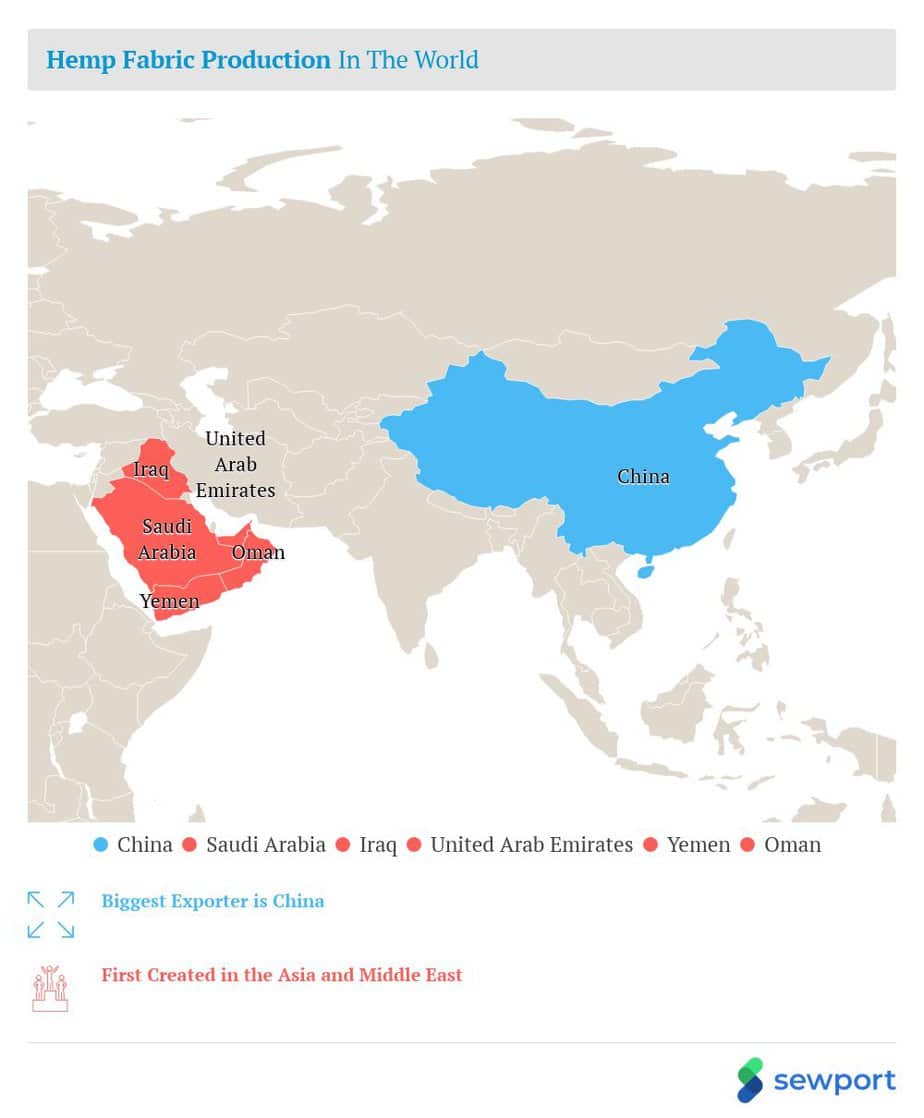In today’s increasingly environmentally conscious world, the demand for sustainable fashion has risen significantly. One notable trend gaining popularity is hemp clothing, known for its durability, versatility, and eco-friendly characteristics. However, the availability of hemp clothing varies significantly across different countries. While some nations embrace and promote hemp clothing as a viable alternative, others maintain strict regulations or limited access to this sustainable fashion choice. This article explores the availability of hemp clothing across different countries, shedding light on the diverse landscapes of the global hemp fashion industry.
Overview of Hemp Clothing
Hemp clothing is a versatile and sustainable alternative to traditional fabrics. Made from the fibers of the hemp plant, it has gained popularity in recent years due to its eco-friendly properties and durable nature. In this comprehensive article, we will explore the definition and uses of hemp clothing, as well as the numerous benefits it offers.
Definition and Uses of Hemp Clothing
Hemp clothing is clothing made from the fibers of the hemp plant. The hemp plant, also known as cannabis sativa, has been cultivated for thousands of years for various purposes, including the production of textiles. The fibers of the hemp plant are strong and durable, making them ideal for use in clothing.
Hemp clothing can be found in a variety of forms, including shirts, pants, dresses, and even accessories such as hats and bags. It is a versatile fabric that can be used in both casual and formal wear. The natural properties of hemp fibers make it suitable for all seasons, providing breathability in warm weather and insulation in colder temperatures.
Benefits of Hemp Clothing
There are numerous benefits to choosing hemp clothing over traditional fabrics. Firstly, hemp is an environmentally friendly crop that requires minimal water and does not need pesticides or herbicides to thrive. This makes it a sustainable and low-impact choice for clothing production.
Hemp clothing is known for its durability and strength. The fibers of the hemp plant are among the strongest natural fibers, making hemp clothing resistant to wear and tear. This means that hemp garments are likely to last longer than clothing made from other materials, reducing the need for frequent replacements.
Additionally, hemp fabric is naturally breathable, allowing for excellent airflow and moisture absorption. This makes hemp clothing comfortable to wear, particularly in warm or humid climates. The fabric also has antibacterial properties, reducing the chances of odors forming on the garment.
Hemp clothing is also known for its hypoallergenic properties. It is a great choice for individuals with sensitive skin or allergies, as it does not irritate or cause allergic reactions. The fabric is gentle on the skin and provides natural UV protection, making it suitable for outdoor activities.
Furthermore, hemp clothing is a sustainable choice that supports ethical fashion practices. By choosing hemp garments, you can contribute to reducing the environmental impact of the fashion industry and support fair trade and ethical manufacturing practices.
Hemp Clothing in the United States
History of Hemp Clothing in the United States
Hemp has a long history in the United States, dating back to the early colonial era. In fact, hemp was one of the first crops grown by European settlers due to its versatility and the ease of cultivation. Hemp fiber was used to make clothing, ropes, and sails for ships.
However, the cultivation of hemp faced restrictions and legal challenges in the 20th century due to its association with marijuana. It was not until the passage of the 2018 Farm Bill that hemp cultivation was legalized at the federal level, leading to a resurgence of the hemp clothing industry in the United States.
Current Availability of Hemp Clothing
Today, hemp clothing is widely available in the United States. It can be found in specialty stores, eco-conscious boutiques, and online retailers. Many mainstream clothing brands have also started incorporating hemp into their collections, providing consumers with a wider range of options.
The availability of hemp clothing varies depending on the region and the demand for sustainable fashion. Major cities such as Los Angeles, San Francisco, and New York City tend to have a higher concentration of stores offering hemp clothing. Additionally, online platforms make it easy to purchase hemp garments regardless of location.
Popular Brands and Retailers
Several popular brands specialize in hemp clothing in the United States. One of the well-known brands is Patagonia, which offers a range of sustainable outdoor clothing made from hemp and other eco-friendly materials. Another notable brand is prAna, which combines style and sustainability in its hemp clothing collections. The Hemp Trading Company and Hempy’s are also prominent retailers that focus on hemp clothing and accessories.
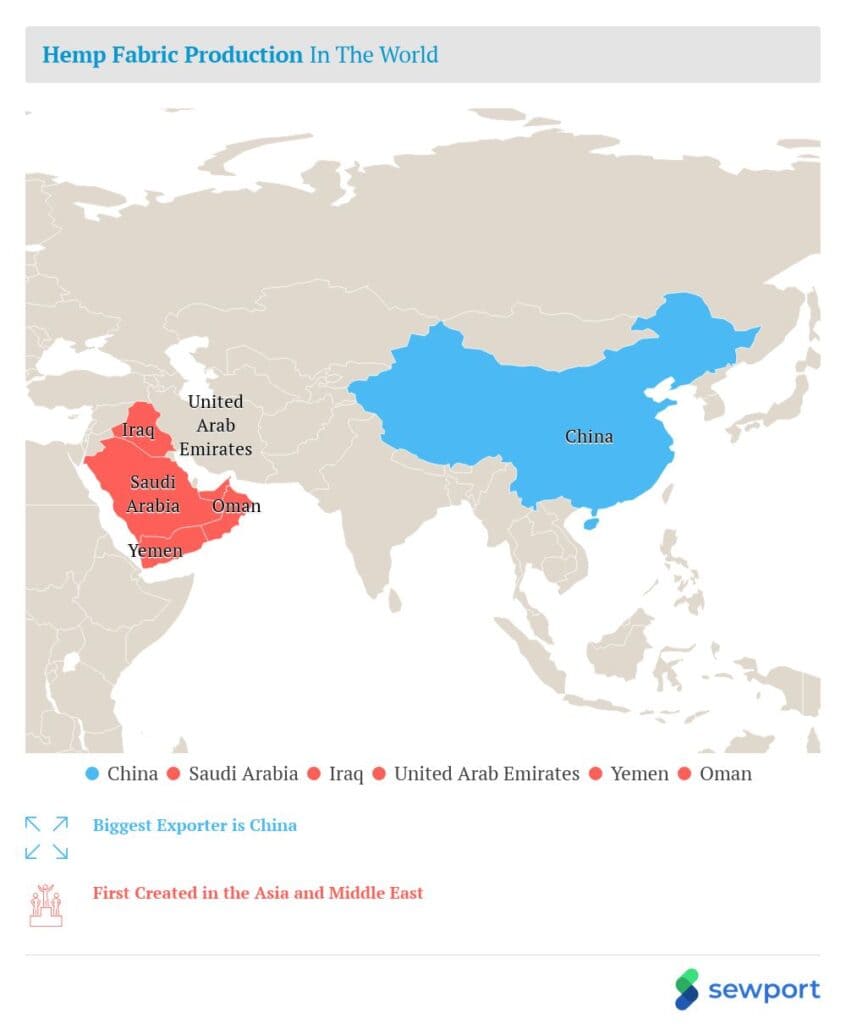
This image is property of s3.eu-west-2.amazonaws.com.
Hemp Clothing in Canada
Legalization and Regulation of Hemp Clothing in Canada
Canada has been at the forefront of hemp cultivation and clothing production. In 1998, Canada legalized the cultivation of hemp, recognizing its economic and environmental benefits. Since then, the hemp clothing industry has thrived, offering a wide range of eco-friendly clothing options.
The cultivation and production of hemp clothing in Canada are regulated by Health Canada and the Canadian Hemp Trade Alliance (CHTA). These regulatory bodies ensure that hemp clothing meets quality standards and that the industry operates sustainably.
Availability and Production of Hemp Clothing
Hemp clothing is widely available in Canada, with many local and international brands offering a range of hemp-based garments. It can be found in specialty stores, sustainable boutiques, and online platforms. The popularity of hemp clothing in Canada has grown significantly in recent years, reflecting the country’s commitment to sustainable fashion.
Canada’s climate and fertile soil make it an ideal location for hemp cultivation. This, coupled with the supportive regulatory environment, has led to a thriving hemp clothing industry. Many Canadian brands prioritize ethical sourcing and manufacturing practices, ensuring that their hemp clothing is both sustainable and of high quality.
Prominent Canadian Hemp Clothing Brands
Several prominent Canadian brands have made a name for themselves in the hemp clothing industry. One such brand is Nomads Hemp Wear, known for its stylish and sustainable clothing made from hemp and organic cotton. Hoodlamb offers a range of outdoor apparel made from hemp, incorporating innovative designs and eco-friendly materials. Another notable brand is Hemp & Company, which focuses on creating timeless and versatile hemp clothing for men and women.
Hemp Clothing in European Countries
Availability and Popularity of Hemp Clothing in Each Country
Hemp clothing has gained significant popularity in many European countries, where sustainable fashion and ethical practices are highly valued. Countries such as Germany, the Netherlands, and the United Kingdom have a strong presence of hemp clothing brands and retailers.
Germany, in particular, has seen a surge in the availability of hemp clothing. The country’s commitment to sustainability and its strong fashion industry have contributed to the success of hemp clothing brands. The Netherlands is also known for its eco-friendly fashion scene, with many Dutch brands incorporating hemp into their collections.
In the United Kingdom, hemp clothing has gained traction among eco-conscious consumers. Fashion retailers and online platforms offer a wide range of hemp clothing options, catering to different styles and preferences. France, Italy, and Spain also have notable hemp clothing markets, with local brands and retailers embracing sustainable fashion trends.
Key Brands and Retailers in Each Country
Germany is home to several key hemp clothing brands, including HempAge, Armedangels, and HempCouture. These brands offer a variety of hemp clothing options, ranging from casual wear to formal attire. Additionally, the Netherlands is known for brands like Hempje, Rawganique, and Hempmade, which incorporate hemp into their sustainable fashion lines.
The United Kingdom has seen the rise of brands such as Thought Clothing, Braintree Hemp, and The Hemp Shop, offering diverse hemp clothing options. In France, brands like Hempage and Hemp Works provide stylish and eco-friendly hemp clothing choices. Italy is represented by brands such as Pachamama Hemp, which specializes in hemp-based fashion, and Spain is home to The Hemp Line, known for its hemp clothing using artisanal techniques.
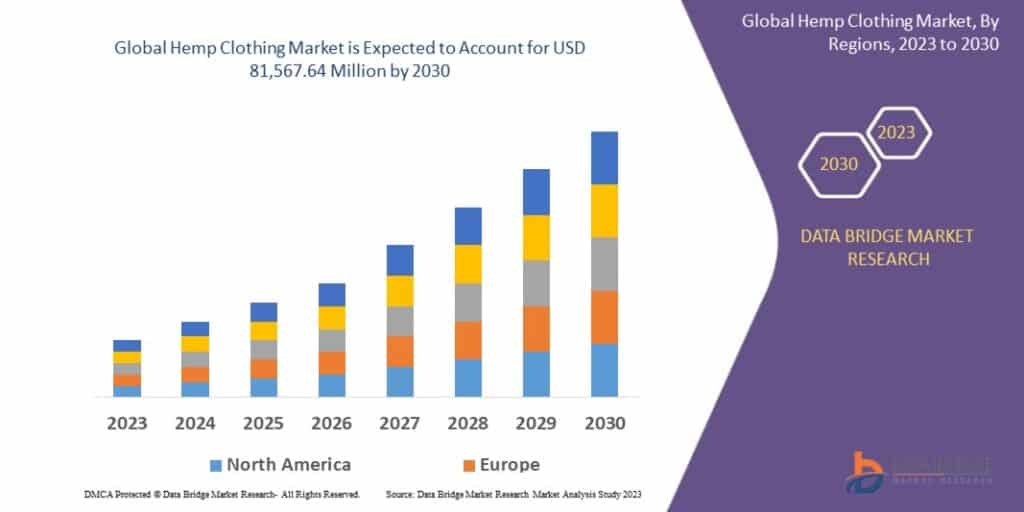
This image is property of www.databridgemarketresearch.com.
Hemp Clothing in Asia
Hemp Clothing Industry in Each Country
Asia has a rich history of hemp cultivation and the production of hemp textiles. Countries like China, India, and Nepal have been at the forefront of the hemp clothing industry for centuries. Today, hemp clothing continues to play a significant role in Asia, both in traditional and modern fashion.
China has a long-established hemp clothing industry. The country is one of the largest producers of hemp fabric, supplying both domestic and international markets. Chinese brands like Dash Hemp, China Hemp, and SA.FRA offer a wide range of hemp clothing options, showcasing the versatility and eco-friendly nature of the fabric.
India has a strong tradition of using hemp in clothing, particularly in the form of handwoven textiles. Hemp clothing, known as “khadi,” is highly regarded for its craftsmanship and natural fibers. Prominent Indian brands like Hemp Fabric Lab and B Label promote sustainable fashion practices and support local artisans.
Nepal is another Asian country with a thriving hemp clothing industry. The nation’s mountainous regions provide an ideal environment for hemp cultivation, and Nepalese brands like Hempire Nepal and Nomad Hemp Wear have gained recognition for their quality and sustainability.
Availability of Hemp Clothing in Each Country
Hemp clothing is readily available in many Asian countries, particularly in regions where hemp cultivation is prevalent. Brick-and-mortar stores, markets, and online platforms offer a diverse selection of hemp clothing options. Major cities like Beijing, Shanghai, Mumbai, and Kathmandu have a greater concentration of retailers specializing in hemp clothing.
Traditional and Modern Use of Hemp Clothing
In Asia, hemp clothing has both traditional and modern applications. Traditional garments made from hemp are often woven by hand and showcase intricate designs and patterns. These garments are worn during special occasions, festivals, and religious events, preserving cultural heritage.
In modern fashion, hemp clothing in Asia has gained popularity for its sustainability and comfort. Many brands focus on blending traditional craftsmanship with modern designs, offering a unique fusion of past and present. From casual wear to high-end fashion, hemp clothing is appreciated for its natural fibers, durability, and contribution to sustainable fashion practices.
Hemp Clothing in Australia and New Zealand
Availability of Hemp Clothing in Australia
Australia has seen a rise in the availability of hemp clothing in recent years. The country’s commitment to sustainable practices and environmental consciousness has contributed to the growth of the hemp clothing industry. Hemp clothing can be found in various cities, including Sydney, Melbourne, and Brisbane, and is also accessible through online platforms.
Prominent Australian Hemp Clothing Brands
Australia is home to several prominent hemp clothing brands. One such brand is Hemp Clothing Australia, which offers a wide range of hemp-based garments for men and women. Braintree Hemp, another Australian brand, focuses on creating eco-friendly clothing using natural fibers such as hemp and bamboo. Hemp Harvest, Dharma Bums, and Outland Denim are also notable Australian brands contributing to the sustainable fashion scene.
Availability of Hemp Clothing in New Zealand
New Zealand is not far behind in embracing hemp clothing as a sustainable choice. The demand for eco-friendly fashion has led to an increase in the availability of hemp clothing across the country. Wellington, Auckland, and Christchurch are some of the cities where hemp clothing can be found in specialty stores and boutiques.
Prominent New Zealand Hemp Clothing Brands
New Zealand boasts several prominent hemp clothing brands that prioritize sustainability and ethical practices. One notable brand is Maaike, which strives to create clothing that is kind to people and the environment, using natural fibers like hemp. The Hempery offers a range of hemp clothing options for men and women, highlighting the fabric’s versatility and comfort. Hemptopia and Hemp New Zealand are also noteworthy brands contributing to the country’s hemp clothing scene.
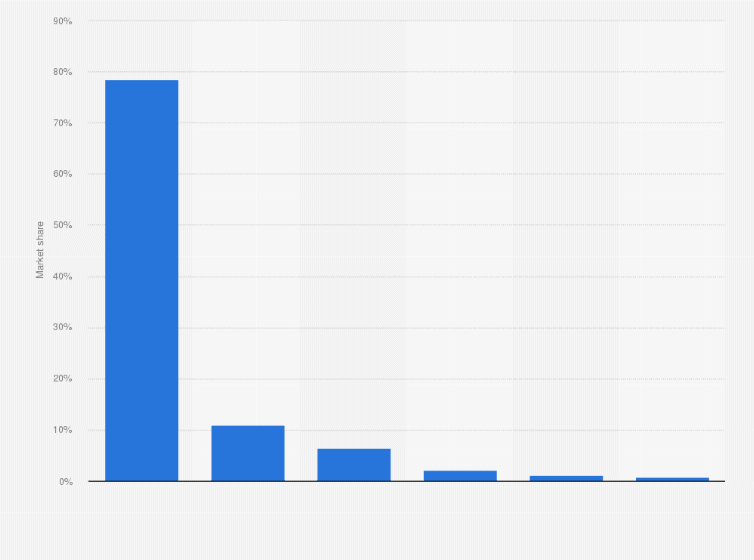
This image is property of cdn.statcdn.com.
Hemp Clothing in South America
Hemp Clothing Market and Availability in Each Country
South America has seen a growing market for hemp clothing, with several countries embracing sustainable and eco-friendly fashion practices. Argentina, Brazil, and Colombia, in particular, have witnessed the rise of hemp clothing availability.
Argentina has a burgeoning hemp clothing market, with local brands like Festival Eye, Lúdica, and Dandara offering unique and ethically made hemp garments. Brazil, known for its vibrant fashion industry, has seen a surge in the availability of hemp clothing. Brazilian brands such as Hempsiv, Hemper, and Anaya Hemp cater to a growing demand for sustainable fashion options.
Colombia, with its diverse climate and fertile land, is well-suited for hemp cultivation and clothing production. Brands like Hempolandia and Kanabiz showcase the country’s commitment to sustainable fashion and promote hemp clothing made from locally sourced materials.
Role of Hemp Clothing in Sustainable Fashion
Hemp clothing plays a crucial role in the development of sustainable fashion in South America. As consumers become more conscious of the environmental impact of the fashion industry, the demand for eco-friendly clothing options increases. Hemp clothing offers a sustainable alternative, supporting local economies, reducing carbon footprints, and promoting ethical manufacturing practices.
Hemp clothing brands in South America often prioritize fair trade, organic farming, and social responsibility. By incorporating hemp into their collections, these brands contribute to a more sustainable and ethical fashion landscape in the region.
Hemp Clothing in Africa
Emerging Hemp Clothing Industry in Each Country
Africa is an emerging player in the hemp clothing industry, with several countries recognizing the economic and sustainable potential of hemp cultivation and clothing production. South Africa, Kenya, and Malawi are among the countries where the hemp clothing industry is making strides.
South Africa has legalized the cultivation of hemp for industrial purposes, opening up opportunities for the development of the hemp clothing industry. Local brands like Earthbound and Bowstring offer a range of hemp clothing options, showcasing the country’s commitment to sustainable fashion.
Kenya, known for its vibrant textile industry, has started to explore the potential of hemp clothing. Kenyan brands like Kipusa Clothing and Hemp Kid’s Clothing combine traditional craftsmanship with modern designs, creating unique and sustainable clothing options.
Malawi has also recognized the economic and environmental benefits of hemp cultivation. The country has started to explore hemp clothing production, focusing on creating sustainable and ethically made garments. Brands like Kamba Supply Company and Malawi Hemp offer locally made hemp clothing, supporting the country’s emerging industry.
Challenges and Opportunities
While the hemp clothing industry in Africa shows promise, it faces several challenges. These challenges include limited infrastructure, lack of awareness among consumers, and regulatory hurdles. However, there are also significant opportunities for growth and development.
One of the key opportunities lies in job creation and economic growth. The hemp clothing industry has the potential to generate employment opportunities, particularly in rural areas where hemp cultivation is viable. Additionally, sustainable and locally made hemp clothing can contribute to the growth of Africa’s fashion industry and promote ethical practices.
Education and awareness are crucial in addressing the challenges faced by the African hemp clothing industry. By educating consumers about the benefits of hemp clothing and promoting sustainable fashion practices, the industry can gain traction and overcome existing obstacles.
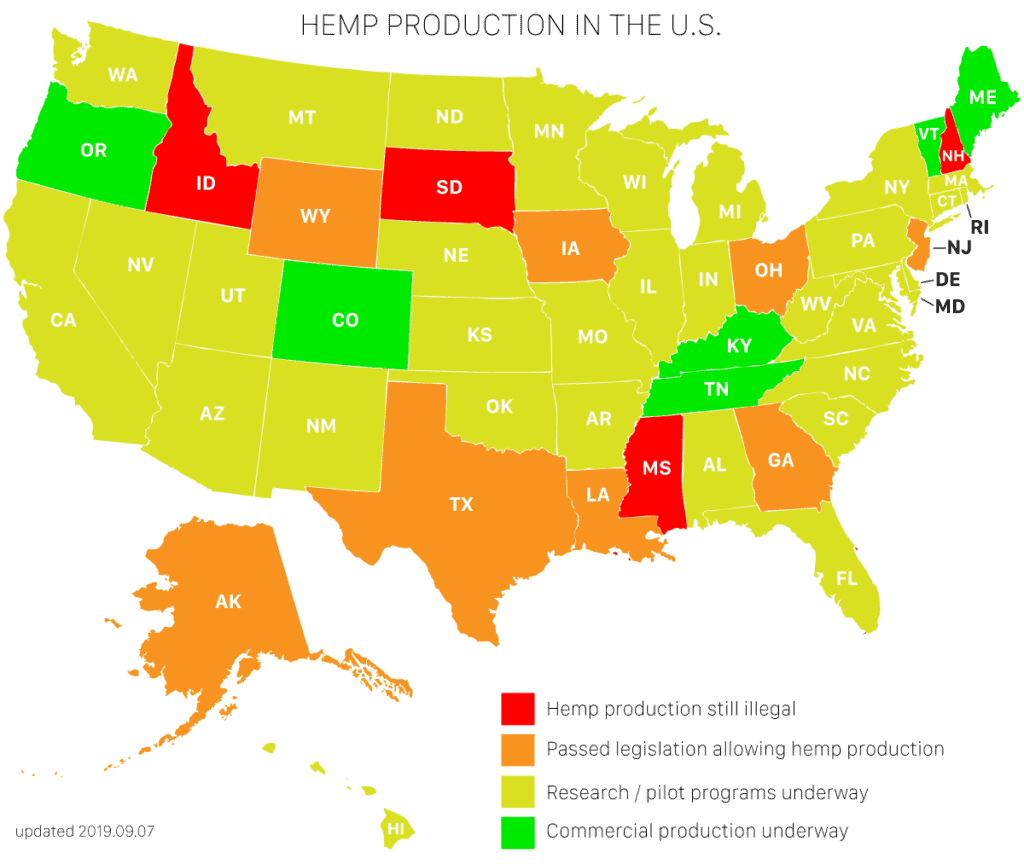
This image is property of www.jollygolferrr.com.
Hemp Clothing in the Middle East
Hemp Clothing Scene in Each Country
The Middle East has a diverse and evolving hemp clothing industry, reflecting the cultural significance of hemp in the region. Countries such as Israel, Lebanon, and Egypt are at the forefront of incorporating hemp into fashion.
Israel has a long history of hemp cultivation and has witnessed a resurgence of the hemp clothing industry in recent years. Hemp clothing brands like Mamash Wear and Natural One reflect the country’s commitment to sustainable fashion practices.
Lebanon, known for its rich textile heritage, has also embraced hemp clothing. Lebanese brands such as Feynan Eco Hemp and Studio Nada Debs have incorporated hemp into their collections, combining traditional craftsmanship with modern designs.
Egypt, with its centuries-old connection to hemp cultivation, has seen the revival of the hemp clothing industry. Egyptian brands like Hemp House Egypt and Canopy Egypt strive to provide sustainable and ethically made hemp clothing options.
Cultural Significance of Hemp
Hemp holds cultural significance in the Middle East, particularly in religious and traditional practices. Hemp has been mentioned in ancient texts and religious scriptures, highlighting its historical importance. Traditional garments made from hemp fibers are still worn during religious ceremonies and cultural events, preserving cultural heritage and traditions.
The incorporation of hemp into modern fashion in the Middle East not only embraces sustainability but also promotes a connection to the region’s history and cultural roots. By using hemp clothing, individuals can celebrate the cultural significance of the fabric while contributing to ethical and eco-conscious fashion practices.
Conclusion
In conclusion, the availability of hemp clothing varies across different countries, reflecting the cultural, economic, and environmental factors at play. Hemp clothing has gained popularity worldwide due to its sustainable properties, durability, and comfort. From North America to Asia, Europe to Australia, hemp clothing is becoming increasingly accessible and sought-after.
Each region has its own unique market for hemp clothing, with local brands and retailers leading the way in promoting sustainable fashion practices. Whether it’s the eco-conscious consumers of North America, the artisans in South America, or the cultural significance in the Middle East, hemp clothing is making its mark on the global fashion landscape.
As the demand for sustainable and ethical fashion continues to grow, the future prospects for hemp clothing are bright. With advancements in technology, increased awareness, and supportive regulatory environments, the hemp clothing industry is likely to thrive, offering consumers a viable and eco-friendly choice for their wardrobe.
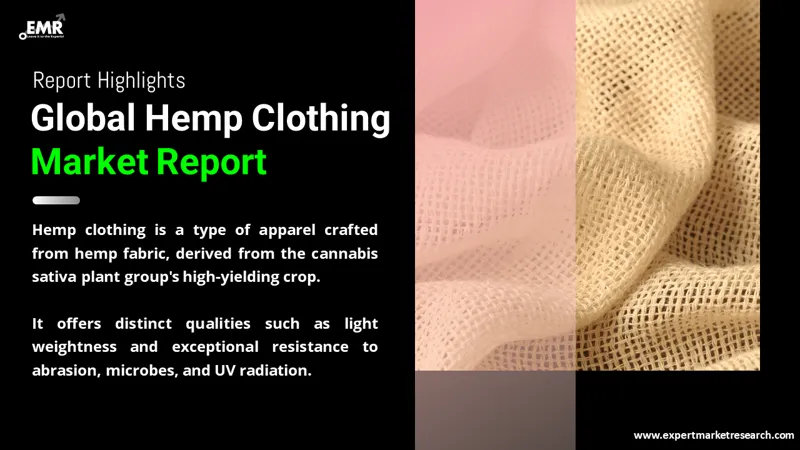
This image is property of www.expertmarketresearch.com.
Recent Posts
Discover how bubble hash is rated on a 1 to 6 scale. From texture and color to aroma and potency, learn the key factors that determine the quality of bubble hash. Whether you're a seasoned cannabis...
Looking to learn about the most popular style of hash? This article explores the different types, from traditional to bubble hash, and reveals the people's favorite. Join us on a journey through the...

